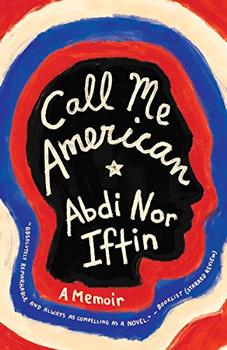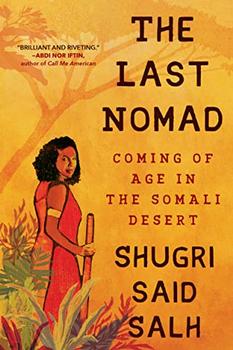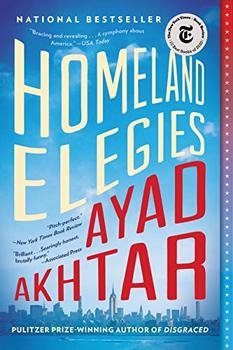Summary | Excerpt | Reviews | Beyond the book | Read-Alikes | Genres & Themes | Author Bio

A Memoir
by Abdi Nor IftinThe incredible true story of a boy living in war-torn Somalia who escapes to America--first by way of the movies; years later, through a miraculous green card.
Abdi Nor Iftin first fell in love with America from afar. As a child, he learned English by listening to American pop artists like Michael Jackson and watching films starring action heroes like Arnold Schwarzenegger. When U.S. marines landed in Mogadishu to take on the warlords, Abdi cheered the arrival of these real Americans, who seemed as heroic as those of the movies.
Sporting American clothes and dance moves, he became known around Mogadishu as Abdi American, but when the radical Islamist group al-Shabaab rose to power in 2006, it suddenly became dangerous to celebrate Western culture. Desperate to make a living, Abdi used his language skills to post secret dispatches to NPR and the Internet, which found an audience of worldwide listeners. But as life in Somalia grew more dangerous, Abdi was left with no choice but to flee to Kenya as a refugee.
In an amazing stroke of luck, Abdi won entrance to the U.S. in the annual visa lottery, though his route to America--filled with twists and turns and a harrowing sequence of events that nearly stranded him in Nairobi--did not come easily. Parts of his story were first heard on the BBC World Service and This American Life. Now a proud resident of Maine, on the path to citizenship, Abdi Nor Iftin's dramatic, deeply stirring memoir is truly a story for our time: a vivid reminder of why western democracies still beckon to those looking to make a better life.
Call Me American can often feel like the Hollywood movies Iftin loves. His hide-and-seek game with the al-Shabaab is as suspenseful as any thriller. And there are moments of pure heartbreak as well. But Iftin, who has the storytelling savvy of a skilled reporter, never wavers into sentimentality...continued
Full Review
(584 words)
This review is available to non-members for a limited time. For full access,
become a member today.
(Reviewed by Cynthia C. Scott).
As a young boy growing up in war-torn Mogadishu, the capital of the East African country of Somalia, Abdi Nor Iftin and his brother Hassan often looked for enterprising ways to support their family. They stumbled onto a lucrative business when they started selling the qat leaves they gathered from the ground around market stalls or stole from trucks transporting the crop. But a nasty run-in with the local militiamen who were the main buyers of this crop, ended this enterprise.
So what is qat? It's a plant native to the Horn of Africa and the Arabian peninsula. It is also known as khat, gat, and miraa. Qat (pronounced "cot") is a multibillion dollar industry and a public health epidemic. Its leaves, when chewed and stored in the cheek, ...
This "beyond the book" feature is available to non-members for a limited time. Join today for full access.

If you liked Call Me American, try these:

by Shugri Said Salh
Published 2022
"I am the last nomad. My ancestors traveled the East African desert in search of grazing land for their livestock, and the most precious resource of all - water. When they exhausted the land and the clouds disappeared from the horizon, their accumulated ancestral knowledge told them where to move next to find greener pastures. They loaded their ...

by Ayad Akhtar
Published 2021
From the Pulitzer Prize-winning author of Disgraced and American Dervish: an immigrant father and his son search for belonging -- in post-Trump America, and with each other.
Harvard is the storehouse of knowledge because the freshmen bring so much in and the graduates take so little out.
Click Here to find out who said this, as well as discovering other famous literary quotes!